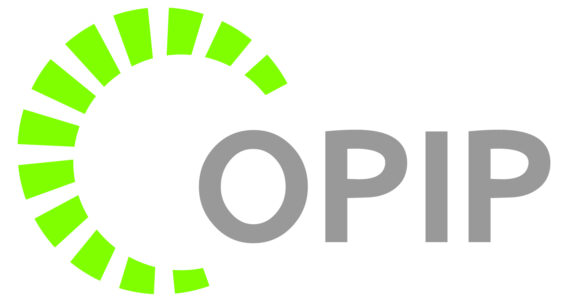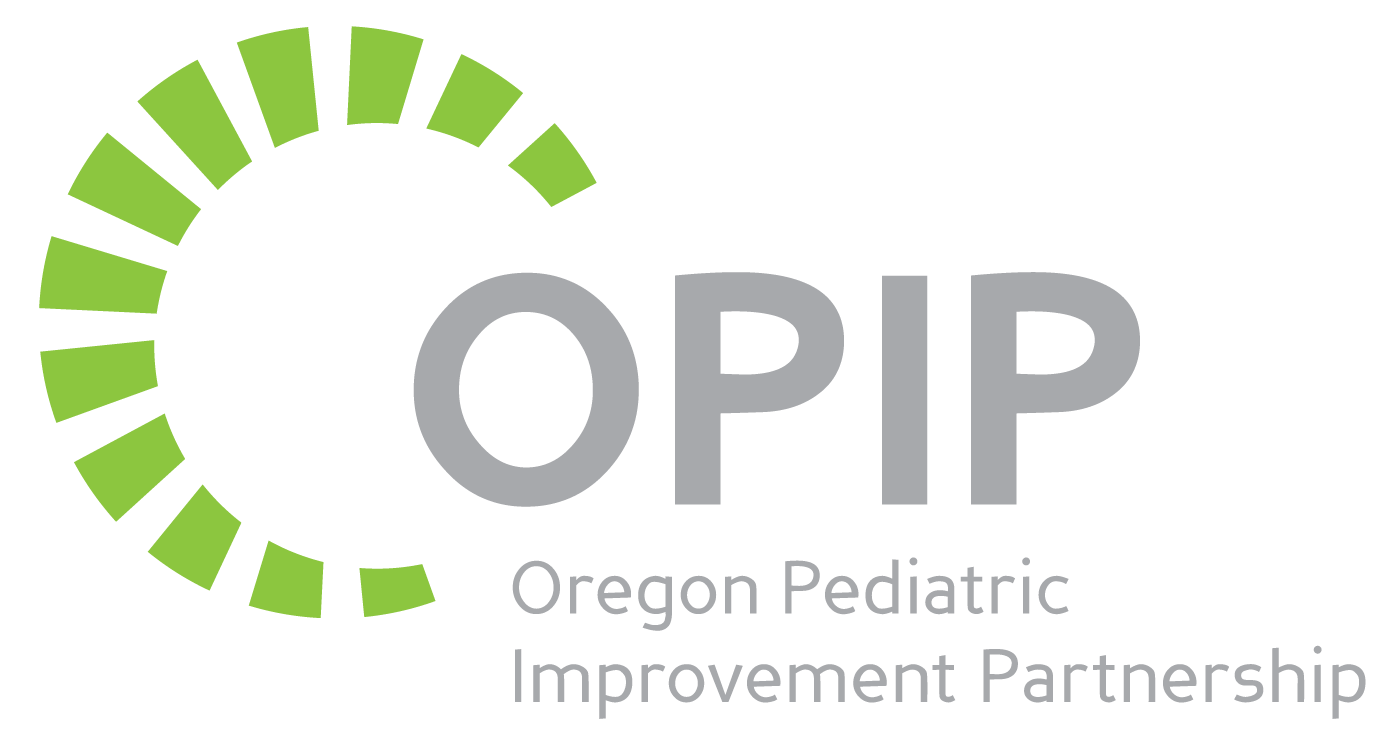PAST PROJECT
OPIP played a key role in the partnership of the Tri-State Children’s Health Improvement Consortium (T-CHIC). The Tri-state Children’s Health Improvement Consortium (T-CHIC) is an alliance between the Medicaid/CHIP programs of Alaska, Oregon, and West Virginia formed with the goal of markedly improving children’s health care quality. In February 2010, the Oregon-led consortium was awarded nearly $11.3 million over a 5-year period by the Centers for Medicare & Medicaid Services (CMS) via CHIPRA Quality Demonstration Grants. Through this opportunity, the T-CHIC used a variety of strategies to demonstrate the impact that different ways of delivering healthcare and healthcare information can have on a child’s health. This project aims to drive continuous quality improvement in child health care by:
- Improving children’s health and healthcare quality measurement (Category A);
- Integrating Health Information Technology (HIT) systems (Category B); and
- Developing the best models of healthcare delivery for children and their families (Category C).
Through this project, each participating state examined what works best for improving children’s health in their own state as well as in the other consortium states. Alaska, Oregon, and West Virginia each have different ways of providing health care to children in both rural and urban areas. By working across three states, this allowed the project to collect far more information on improving children’s health care than if only one state was conducting the project on its own.
OPIP’s role across T-CHIC efforts was in the following areas:
- T-CHIC Leadership: Ms. Reuland served on the T-CHIC leadership team, providing assistance, facilitation and consulting on across T-CHIC activities and project management.
- T-CHIC Learning Curriculum and Collaborative Across T-CHIC: An integral component of the T-CHIC effort was to facilitate a Learning Collaborative and Learning Curriculum to support across-state learnings, to provide comparative data about the states to motivate and inform improvement learnings and generate innovation across T-CHIC. OPIP assisted in the development and implementation of the Learning Curriculum.
- Consultation on Data Collection and Reporting of the Core Measures: Ms. Reuland specifically provided consultation to T-CHIC on implementing the core measures. This included assistance in interpreting the specifications and adjusting the specifications to meet the state program structure, participating practices’ capacity or needs, and other factors. A related component of this work was technical assistance and consultation about how the core measures can be reported at the practice-level using state data.
- Medical Home Quality Improvement, Measurement and Evaluation: OPIP was also responsible for designing the Medical Home Office Report Tool (MHORT), the implementation processes, and for analyzing and reporting the MHORT data. A key part of this work is used the MHORT findings to guide and refine the practice-level improvement efforts and inform the policy-level efforts needed to support medical homes.
Additionally, OPIP led the ECHO Learning Collaborative, which is the primary provider-based improvement model being implemented in the Oregon branch of this T-CHIC project.

